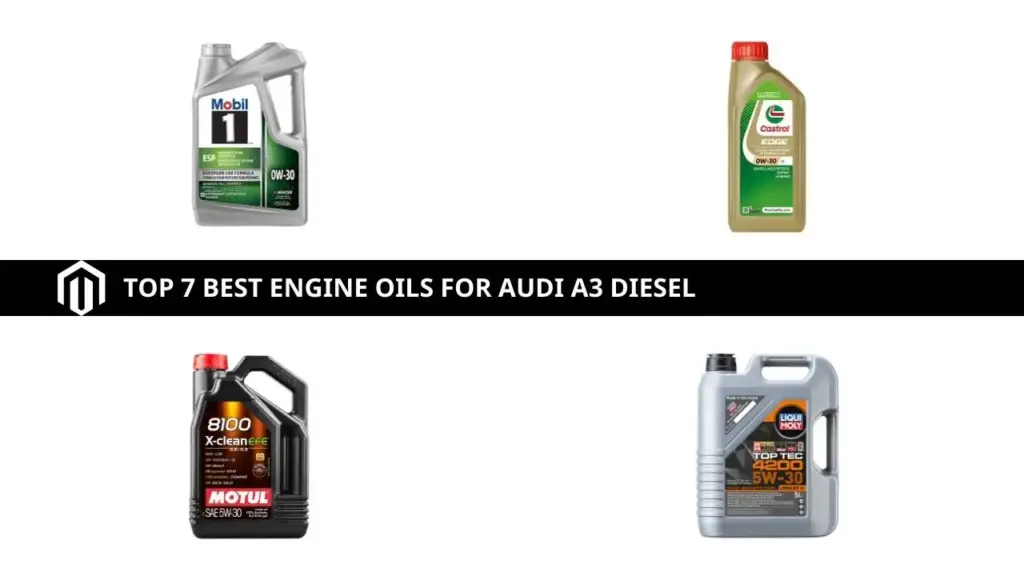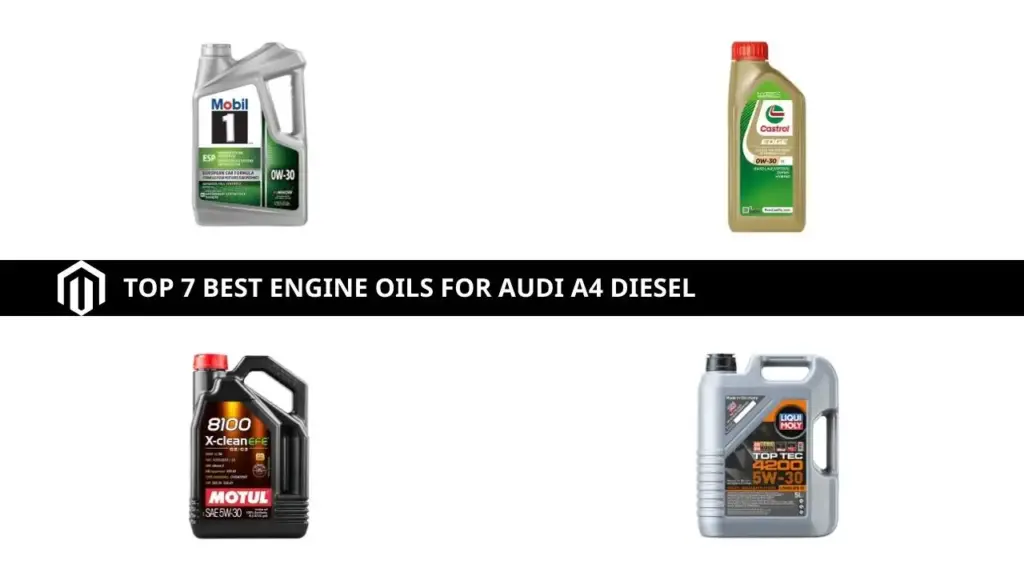You may also like:
Car accident settlements typically take 3–18 months, with the average claim resolving in 8–10 months[1]. The most common reasons for delays include ongoing medical treatment, disputed liability, insurance company stall tactics, and complex negotiations over damages[2]. If your case involves multiple vehicles, severe injuries, or litigation, expect timelines to extend well beyond a year[3].
What’s Actually Normal?
Before assuming something’s wrong, understand what typical timelines look like[1].
Simple fender-benders with clear liability and minor injuries often settle in 3–6 months. These straightforward cases involve little dispute—the fault is obvious, injuries are documented, and both parties agree on damages relatively quickly[1].
Complex cases tell a different story. Multi-vehicle accidents, contested fault, serious injuries, or cases requiring expert testimony can stretch 12–18 months or longer[3]. One law firm reports their average settled case takes about 7 months from intake to resolution, dropping to 5 months when litigation cases are excluded[4].
Here’s the breakdown by case complexity:
| Case Type | Typical Timeline |
|---|---|
| Minor injury, clear liability | 3–6 months |
| Moderate injury, some dispute | 6–12 months |
| Severe injury, disputed liability | 12–18+ months |
| Cases going to litigation | 1–3+ years |
And here’s the catch nobody mentions: these timelines don’t include the 30–60 days it takes to actually receive payment after a settlement is reached[5]. If medical liens or documentation issues exist, that payment window extends further.
Reason 1: Your Medical Treatment Isn’t Complete
This is the most common—and most frustrating—reason for delays[2].
Insurance companies won’t offer a final settlement until they understand the full extent of your injuries. Makes sense from their perspective: why commit to a number when your medical bills might double next month? But for you, it means waiting until doctors declare you’ve reached “maximum medical improvement” (MMI)—the point where further treatment won’t significantly change your condition[2].
Some injuries resolve quickly. Others don’t. A broken arm might heal in 8 weeks. A herniated disc requiring physical therapy could take a year. Traumatic brain injuries? Even longer before the full impact becomes clear[3].
Rushing this phase backfires badly. Accept a settlement before knowing your complete medical picture, and you might sign away your right to future compensation—even if symptoms worsen or new complications emerge[5]. Understanding how long a car accident stays on your record helps you see the long-term implications of these decisions.
Reason 2: Liability Is Disputed
When fault isn’t clear-cut, everything slows down[6].
Both insurance companies will investigate extensively if there’s any question about who caused the accident. They’ll review police reports, interview witnesses, examine physical evidence, and sometimes hire accident reconstruction experts[3]. This process alone can take months.
Multi-vehicle pileups are particularly problematic. Determining which driver’s actions triggered the chain reaction requires detailed analysis. Each insurer represents their client’s interests, pointing fingers at other parties[6].
Certain states complicate matters further. Washington, DC, for example, follows a contributory negligence rule—if you’re found even 1% at fault, you may recover nothing[6]. In these jurisdictions, insurance companies fight aggressively to establish any degree of shared fault, extending negotiations significantly.
Even in comparative negligence states, disputes over fault percentages affect settlement amounts. The insurance adjuster assigned to your case has every incentive to argue you were partially responsible, reducing their payout[2].
Reason 3: Insurance Company Delay Tactics
Not all delays are legitimate. Some are strategic[7].
Insurance companies know that injured people face mounting medical bills, lost wages, and financial pressure. The longer they wait, the more likely you’ll accept a lowball offer just to make the problem go away[5]. It’s a calculated business decision—one that works often enough to remain standard practice.
Common delay tactics include[7][8]:
| Tactic | What It Looks Like |
|---|---|
| Excessive documentation requests | Asking for paperwork already submitted or documents that aren’t relevant |
| Prolonged investigations | Taking unreasonable time to “review” claims with clear evidence |
| Waiting for statements | Refusing to move forward until they’ve contacted their insured, even when fault is obvious |
| Failure to respond | Adjusters going silent during critical claim phases |
| Repeated reassessments | Continually “re-evaluating” your claim without resolution |
One Texas law firm notes that insurers frequently cite “waiting on the other driver’s statement” even when police reports clearly establish fault[8]. This stall can add weeks or months with no substantive purpose beyond delay.
What can you do? Document every interaction. Note dates, names, and what you were told. If delays become unreasonable, this documentation supports potential bad-faith claims against the insurer[8].
Reason 4: Disputes Over Damage Amounts
Even when fault is established, the fight often shifts to how much you’re owed[6].
Medical expenses seem straightforward—you have bills, they pay them. But insurers routinely dispute whether treatments were “medically necessary” or whether you’re claiming more than your injuries warrant[6]. They might argue your chiropractor visits weren’t required, or that your surgery was elective rather than essential.
Lost wages create similar disputes. If you’re self-employed or earn irregular income, proving what you would have earned becomes contentious[6]. Insurers want documentation most accident victims don’t have readily available.
Non-economic damages—pain and suffering, emotional distress, loss of enjoyment of life—are entirely subjective[6]. There’s no formula. You say your chronic pain is worth $100,000; the insurer counters with $15,000. This gap can take months of negotiation to bridge, if it ever does.
Future expenses add another layer of complexity[6]. If your injuries will require ongoing treatment, surgery down the road, or permanent limitations affecting future earning capacity, both sides must project costs that haven’t occurred yet. Expert testimony enters the picture—medical experts, vocational rehabilitation specialists, economists—each adding time and complexity. If your vehicle was also damaged, understanding what happens when a car is totaled but still drivable helps you navigate property damage claims simultaneously.
Reason 5: The Legal System Itself
If negotiations fail and your case heads to court, prepare for a significantly longer timeline[3].
Filing a lawsuit doesn’t guarantee a trial—most cases still settle before reaching a courtroom. But the litigation process itself takes time: discovery, depositions, motions, and court scheduling[5]. Overloaded court dockets mean your case might wait months just to get on a judge’s calendar.
Appeals extend things further. If either party is unhappy with a verdict or settlement terms, they can challenge the outcome, essentially restarting parts of the process[6].
In Texas, the statute of limitations for personal injury claims is generally two years[1]. As that deadline approaches, your attorney might file suit simply to preserve your rights—even if settlement negotiations continue. This legal maneuvering adds administrative overhead but protects your claim from expiring.
What You Can Do to Speed Things Up
You’re not powerless in this process[2].
- Gather documentation early. The more organized your records—medical bills, pay stubs, repair estimates, photos of injuries, witness contact information—the fewer excuses insurers have to request additional materials[7].
- Follow through on medical treatment. Gaps in care give insurers ammunition to argue your injuries aren’t as serious as claimed[2]. Keep all appointments and document symptoms consistently.
- Respond promptly to requests. When your attorney or the insurance company asks for something, provide it quickly. Delays on your end compound delays on theirs[7].
- Set realistic expectations. Pushing for a fast settlement often means accepting less than you deserve[5]. Insurance companies count on financial pressure forcing quick, unfavorable deals. If you can manage your expenses during the wait, you’ll likely secure better compensation.
- Consider hiring an attorney. If you haven’t already, a personal injury lawyer can navigate the process more efficiently than you can alone[2]. They know the tactics insurers use and how to counter them. Most work on contingency, meaning you don’t pay unless you win.
When Delay Becomes Bad Faith
There’s a line between legitimate investigation and unreasonable obstruction[7].
Insurance companies have legal obligations to handle claims in good faith. When they deliberately delay with no valid reason—failing to respond, repeatedly asking for the same documents, or refusing to explain their position—they may be acting in bad faith[8].
Bad-faith claims can result in additional compensation beyond your original settlement. But they’re difficult to prove. You’ll need documented evidence that the insurer’s conduct crossed the line from cautious to obstructive[8].
Warning signs include[7]:
- Unreturned calls and emails over extended periods
- Contradictory explanations for delays
- Settlement offers far below documented damages
- Repeated requests for already-provided documentation
- Refusal to provide written explanations
If you suspect bad faith, discuss it with your attorney. They can evaluate whether the insurer’s conduct warrants action[7].
Key Takeaways
- Average car accident settlements take 8–10 months, with simple cases resolving in 3–6 months and complex cases stretching 12–18+ months or longer if litigation is involved[1][4].
- Incomplete medical treatment is the most common delay reason—insurers won’t finalize offers until they understand your full injury picture, so rushing this phase often costs you compensation[2].
- Insurance companies use strategic delay tactics including excessive documentation requests, prolonged investigations, and unresponsiveness to pressure claimants into accepting lowball offers[7][8].
- Disputes over liability (who caused the accident) and damages (how much you’re owed) each add significant time to the process, especially in multi-vehicle accidents or cases with subjective injuries[6].
- Document every interaction with insurers—dates, names, and what you were told—to support potential bad-faith claims if delays become unreasonable[8].
FAQs
How long does it take to get paid after a car accident settlement is reached?
After finalizing a settlement agreement, expect payment within 30–60 days[5]. The insurance company issues a check to your attorney, who deducts legal fees and costs before disbursing your portion. If medical providers or workers’ compensation insurers have liens on your claim, those must be resolved first, which can extend the timeline. Complex settlements with multiple parties may take longer to finalize paperwork[3].
Does accepting a fast settlement reduce my compensation?
Almost always, yes[5]. Quick settlement offers typically represent a fraction of what your case is worth. Insurance companies make low initial offers hoping you’ll accept before fully understanding your injuries’ extent or long-term costs. Once you sign a release, you generally can’t seek additional compensation—even if symptoms worsen or new medical issues emerge[5].
Should I file a lawsuit if my settlement is delayed?
Not necessarily, but sometimes[3]. Filing suit preserves your legal rights as statutes of limitations approach and demonstrates you’re serious about pursuing fair compensation. Many cases still settle after litigation begins—the lawsuit simply provides leverage. That said, trials extend timelines significantly (1–3+ years), so your attorney should advise whether litigation serves your interests or if continued negotiation is more strategic[3].
Why won’t the insurance adjuster return my calls?
Unresponsiveness is a common delay tactic[7]. Adjusters handle many claims simultaneously and may deprioritize yours without legal pressure. Some insurers instruct adjusters to limit contact, hoping claimants give up or accept lower offers out of frustration. Document every unanswered call or email—this record supports potential bad-faith arguments later[8]. If you have an attorney, they should be handling adjuster communications directly.
References
-
Lorfing Law. (2025). How Long Does a Car Accident Settlement Take In Texas?
How Long Does a Car Accident Settlement Take In Texas?
- Morgan & Morgan. (2025). Why Is My Car Accident Settlement Taking So Long? https://www.forthepeople.com/blog/why-my-car-accident-settlement-taking-so-long/
- A. Collins Law. (2025). What Is the Average Waiting Time for a Car Accident Settlement? https://www.acollinslaw.com/blog/how-long-does-car-accident-settlement-take/
-
Aguiar Injury Lawyers. (2025). How Long Should It Take For My Car Accident Case To Settle?
How Long Should It Take For My Car Accident Case To Settle?
-
Ledger Law. (2025). How Long Does a Car Accident Settlement Take?
How Long Does a Car Accident Settlement Take? Timeline, Factors & What to Expect
- RHL Law. (2025). Why Is My Car Accident Settlement Taking So Long? https://rhllaw.com/washington-dc-car-accident-lawyer/why-is-my-car-accident-settlement-taking-so-long/
- Rands Injury Law. (2024). What To Do If An Insurance Company Is Delaying An Accident Claim. https://www.randsinjurylaw.com/how-to-handle-a-delayed-insurance-claim/
- Jim Adler & Associates. (2026). Common Delay Tactics In Texas Car Accident Claims. https://www.jimadler.com/blog/insurance-delaying-car-accident-claim-texas/

I am a senior automotive analyst at Autvex. Expert vehicle evaluations, in-depth reviews, and objective analysis helping readers make informed automotive decisions with years of industry experience.









